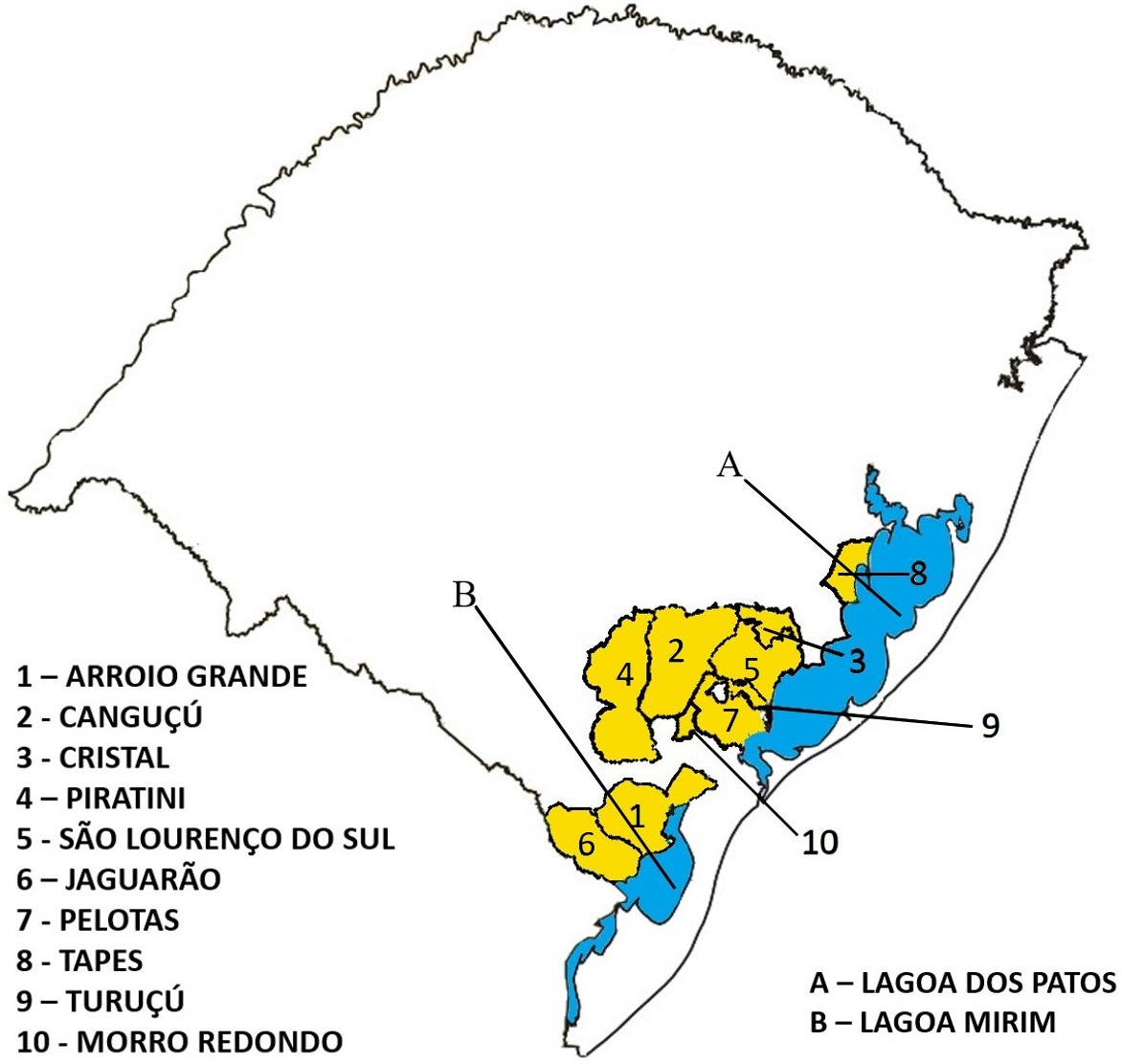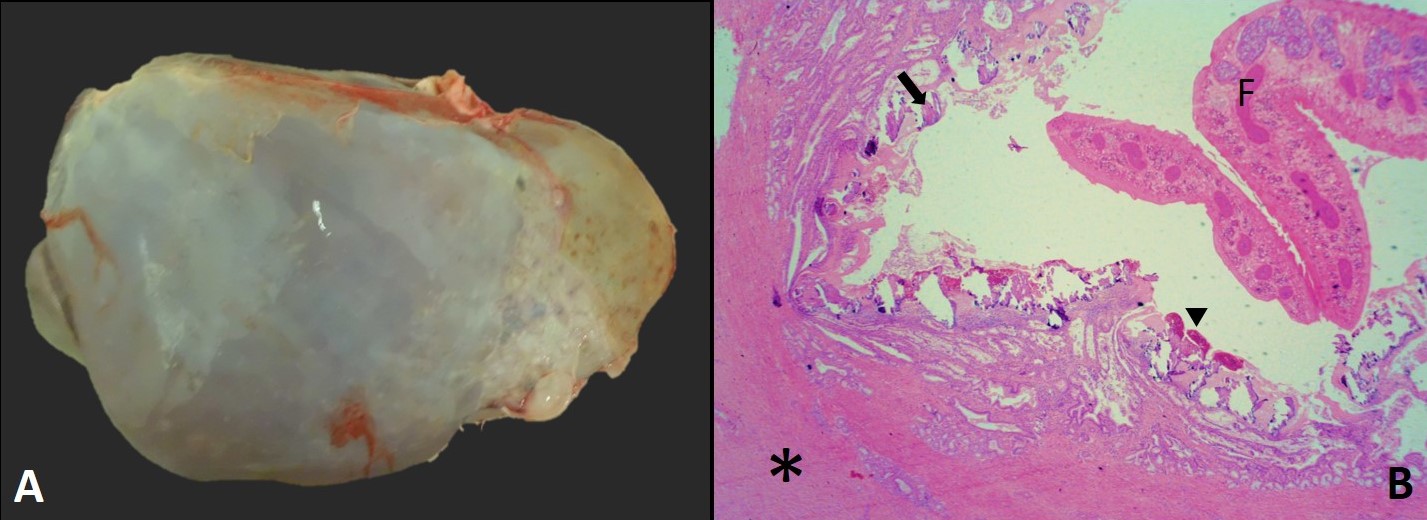ABSTRACT:
Infection by Fasciola hepatica is an important cause of economic loss in cattle raised in Brazil and others countries. In slaughterhouses, the losses are mainly associated with condemnation of livers; however, it is believed that these losses can extend to diminished carcass yield and productivity throughout the life of the animals. Three slaughterhouses with a daily routine of approximately 15-20 cattle slaughters were monitored from July 2016 to November 2017. After sample collection, weighing, and liver assessment, statistical studies were conducted to determine disease prevalence and measurement of economic losses caused by fasciolosis through condemnation of the organ of choice of the parasite. Of the 210 livers assessed, 79 (37.6%) were condemned because of presence of F. hepatica, 87 (41.4%) were considered appropriate for human consumption, and 44 (20.9%) were considered inappropriate because of some other macroscopic lesions. The aim of this study was to estimate the prevalence of fasciolosis, correlate epidemiological and clinical-pathological aspects, and estimate the economic losses caused by the disease. It is estimated that the losses in southwestern Rio Grande do Sul state could reach R$ 36,943,532.60 (37.6%; 95% CI = 30,753,525.80 - 43,526,55.65) or US$ 11,437,626.20 (37.6%; 95% CI = 9,521,215.40 - 13,475,713.80) only because of condemnation of livers.
INDEX TERMS:
Epidemiology; clinics; pathology; fasciolosis; liver; cattle; Fasciola hepatica; inspection; economic losses; post mortem examination; parasitoses

 Thumbnail
Thumbnail
 Thumbnail
Thumbnail

